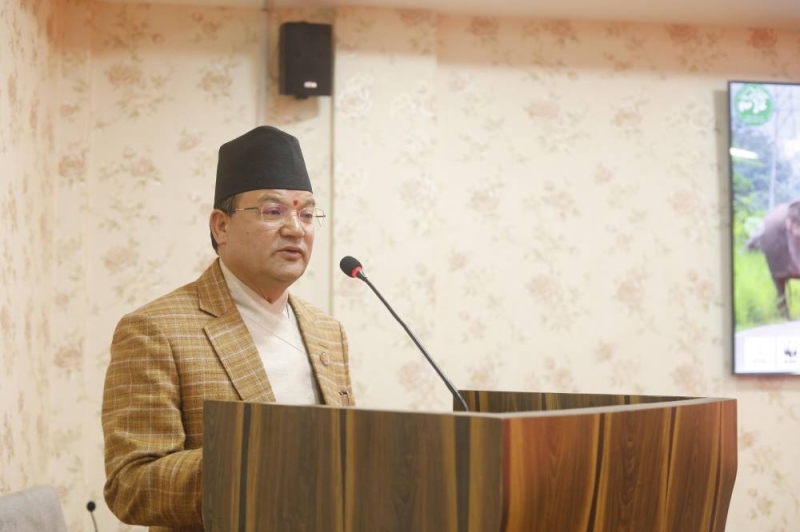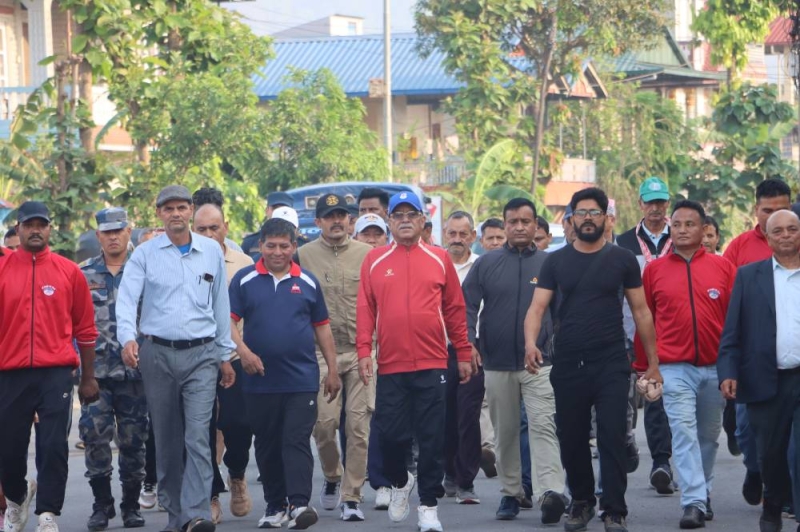CBTS reels under blood shortage
CBTS reels under blood shortage
Published: 05:53 am Oct 23, 2009
KATHMANDU: The Central Blood Transfusion Service (CBTS), which is responsible for safe and reliable blood transfusion services, has been reeling under shortage of blood. The blood collected prior to Dashain is now virtually exhausted and there is no new donation programme in the offing. Talking to The Himalayan Times today, Dr Prakash Kumar Yadav, senior medical officer, CBTS, said the CBTS was grappling with a serious shortage of blood due to lack of blood donation drive. The crisis ensued as blood donation campaigns slackened during the month-long festive season. The CBTS is now running out of fresh blood in its stockpile, he said. “Kalika FM in Chitwan last year donated around 12,000 units of blood through a blood donation campaign which helped defuse the crisis. On the contrary, this year, the FM did not hold the blood camp, thus, we have to face this pitiable situation,” Yadav said. The CBTS doesn't have the stockpile of positive group of blood -- A+ve and AB +ve -- among the atypical blood groups. According to the World Health Organisation (WHO), at least two percent of a country's population should donate blood to meet the demand. Sadly, however, only 0.6 percent of the total population in Nepal are active blood donors. Worse still, rise in surgical cases in winter will see a vertical rise in demand for blood. The supply this winter, according to Yadav, will see a nosedive given the decline in donors and donation camps. The CBTS has urged all the donors and healthy individuals to donate blood at least four times a year. “CBTS remains open round the clock, therefore, anyone interested in donating blood, could come to our office between 8 am to 8 pm," Yadav stated. Meanwhile, Mahendra Bilash Joshi, president of the Blood Donors Association of Nepal, put the entire blame on the CBTS for the unfolding situation. He underlined that the CBTS was operating in a traditional fashion for more than a decade and had not been able to foresee the future situation. “They should launch new programmes and campaigns to attract the donors," he said. "The demands have increased by five folds but the supply remains as it is," he remarked. Presently, the demand for blood is on average 200 units per day but the supply is merely 150 units. Except for Saturdays and Sundays, the blood donation is next to nil on rest of the days, Joshi said, arguing that the deficit has been caused by the CBTS's monopoly in blood market and the government's lack of concern.





